Your parents are experts in the art of worry. Let’s face it, they’ve been practicing your whole life, and the bombshell that you’re about to pack up your belongings in a nylon bag and set out wandering the world, possibly alone, has the potential to send them into a parental freak out of epic proportions.
Short of canceling your dream trip or taking your parents with you – hey, it works for some people – you will have to navigate your way through the minefield of questions that your parents are likely to throw at you, all in the hope that you can gain their support for your new venture.
The good news is, whether you’re 18 or 38, the questions that parents have when their children plan to travel independently around the world are largely the same, and with the right preparation (and the help of this article), you should be able reduce your parents’ stress levels from red alert panic to idling a fraction higher than everyday worry.
It’s All About Being Prepared
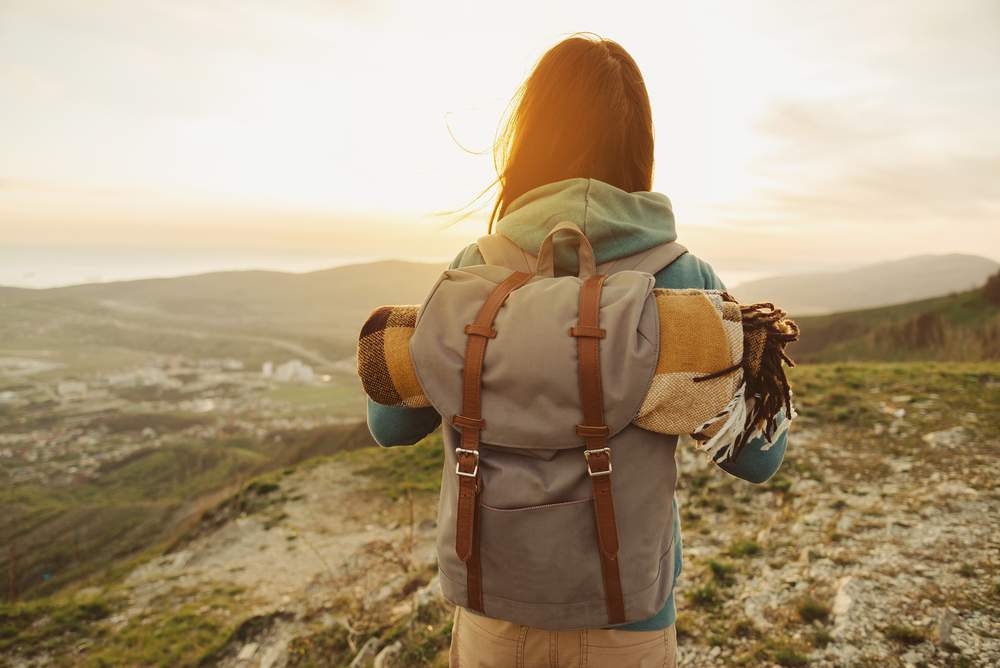
There is no greater key to success in this mission than being prepared. You’re not exactly going to an interview, but in a weird way, you kind of are. From the second “travel” comes out of your mouth you’re apt to hear a barrage of questions. If they don’t come immediately (credit this to shock), they are likely to follow in the weeks or months until you depart.
“The right answers to those initial questions can make all of the difference to your parents’ state of mind both after you tell them and for the duration of your trip.”
Unless you’ve got reassuring answers on hand, you can almost guarantee that your parents’ nights are going to be filled with dreams of you being kidnapped and taken into the jungle by savages set on relieving you of your worldly possessions while brainwashing you with the assistance of harmful substances, and all in a camp where you have to hunt and kill your own food. In short, the right answers to those initial questions can make all of the difference to your parents’ state of mind both after you tell them and for the duration of your trip.
As well as dealing with the most common questions (a little help on those below), it’s a good idea to recruit friends to help if possible. If you went to school with someone who spent six months in South America and came back to tell the tale, see if they’re willing to come around and meet your parents. There is nothing like living proof that your venture isn’t tantamount to certain death.
“There is nothing like living proof that your venture isn’t tantamount to certain death. If you’re unable to get proof in the flesh, give your parents a virtual version.”
If you’re unable to get proof in the flesh, give your parents a virtual version. There are thousands of travel blogs online from normal people, like you, who have been there, done that, and returned unscathed. While you shouldn’t go to lengths to censor the content you show them, it’s a good idea to make sure the blogs you highlight represent the better parts of travel (even if that involves a few missed buses or a lost camera), and doesn’t include blogs from those who did end up kidnapped in the jungle, which isn’t a representative experience.
Expect the Common Questions
Parents are the same to a certain degree, and while only you will know whether yours are more likely to fret about cleanliness than sourcing food, there are some common themes that parents of traveling children tend to worry about. Prepare to answer these questions, and you should be well on the road to helping your parents understand and support your decision to travel.
Why?

If your parents’ idea of travel is a two week vacation in an all-inclusive holiday resort, it’s possible they simply won’t get the idea that you want to traipse around the world with little perceived purpose in mind. Fortunately, indie travel has a long list of benefits that, when explained, should help your parents understand the positive effect it can have on your life, and therefore explain why you want to travel.
“Indie travel has a long list of benefits that, when explained, should help your parents understand the positive effect it can have on your life, and therefore explain why you want to travel.”
Of course, not working in favor of lounging on beaches and partying may comprise at least part of your trip, and you shouldn’t pretend otherwise, but when you answer the question “why” focus on the richer rewards that come from exploring new cultures, meeting new people, learning a new language, expanding your knowledge of the world, gaining perspective, seeing sights from lost empires, scaling mountains….the list goes on.
It may also help to give your parents something more tangible to comprehend your reasons for wanting to travel. Show them images of the places that have inspired your dream; few people aren’t wowed by the striking sights of foreign lands that have been drawing intrepid explorers for centuries.
Will It Be Safe?
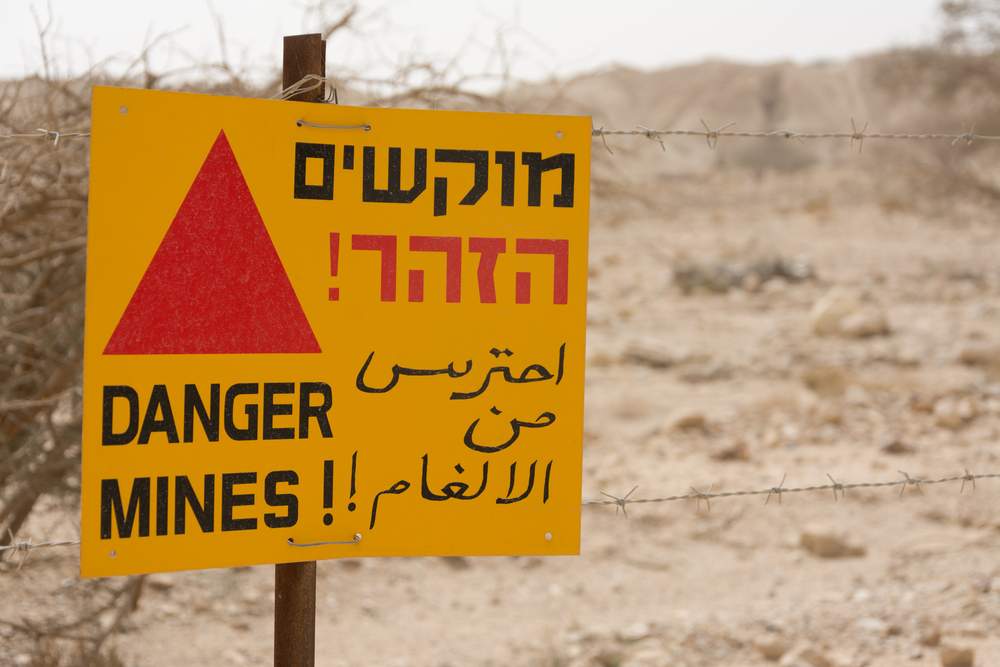
It’s a good question and perhaps one you’ve already asked yourself. Safety is a small word, but there are many ways that a lack of it can cause you harm, from personal safety (kidnapping, assault, rape) to the safety of your possessions (mugging and pick pocketing) to location safety (terrorism and natural disasters). The point to keep in mind is that your parents are probably envisioning your travels will bounce you from one safety threat to another – quick natural disaster in the morning, short mugging and possible kidnapping before dinner. Consequently, you need to allay their fears on all fronts.
Places like Colombia and the Middle East, to name but a few, have the power to send instant shivers of fear down parents’ spines. In a world where we consume more bad news than good, it’s easy for people who haven’t visited a country to assume that the stereotypes of danger portrayed in the international news are the whole story. For most places that is rarely the case. For example, Ciudad Juarez sees a lot of drug related crime, but that doesn’t mean the whole of Mexico is unsafe, and even within higher risk cities, tourists are rarely the target. The reality is that the backpacking trail is a pretty safe place, and even if you choose to tread a more dangerous path, some basic precautions can make the difference between safe and unsafe.
“In a world where we consume more bad news than good, it’s easy for people who haven’t visited a country to assume that the stereotypes of danger portrayed in the international news are the whole story.”
Talk to your parents about the places you plan to visit and their relative safety. This will give them confidence that you’ve done your research about the locations you’re going to, and what, if any, risks are involved. If there are risks, explain what you will do to proactively keep yourself out of danger, whether that is checking the news for trouble hotspots and natural disasters to taking advice from locals and fellow travelers on areas not to wander alone after dark.
“The reality is that the backpacking trail is a pretty safe place, and even if you choose to tread a more dangerous path some basic precautions can make the difference between safe and unsafe.”
As for personal belongings, hostel lockers together with good vigilance when you’re on the move (not taking your eyes off your bag, keeping your valuables close, and not carrying more cash than you need) should keep you theft free. However, if you do part ways with your valuables, as sometimes happens, remind your parents that there is the back up of
travel insurance to replace lost items of value or in the rare circumstances where you lose everything.
Above all else, the message to impart to your parents is that it is perfectly possible to travel safely around the world, and that many people do so each year.
Check out the following articles about safety misconceptions:
What Happens If You Get Sick?

You’re in the rainforest, and suddenly you spike a fever. You think you remembered to take your malaria pills as instructed, but you’ve been so busy trekking you can’t quite remember. As with everyday life, there will be occasions when you’re not at your optimal health. From the dreaded traveler’s diarrhea to ailments much worse, dealing with sickness on the road can be a concern for both you and your parents.
“Consider asking your parents to help you pack some essential supplies to boost their confidence that you’re taking travel health seriously.”
The best news is that the vaccinations you get before you travel will protect you against most of the really ugly stuff. As for the rest, packing a good first aid kit should equip you to deal with a fair range of common problems. Consider asking your parents to help you pack some essential supplies to boost their confidence that you’re taking travel health seriously.
For those ailments that arise that can’t be resolved by a first aid kit alone, reassure your parents that in most locations, you will be within reasonable proximity of a hospital, doctor, or at least a pharmacy. It will also help to reassure them that you will ask for help when you need it, even if that means getting your travel insurance company to send in a helicopter to get you and your broken ankle off the remote cliff edge (assuming your insurance policy doesn’t just cover rescue by mule).
Read more about your health when traveling and check out the following resources to help:
How Will You Stay in Touch?

The solution for staying in contact in today’s modern travel world is undoubtedly via the Internet. More places than you might expect will have web access (you can get online after day of hiking the Inca Trail – in the middle of the Andes!), and unless you are embarking on a stint in a very remote location, you are unlikely to go more than a week without being contactable. The practicalities of keeping in touch online will very much depend on your parents’ level of tech savviness.
If your parents struggle to find the ‘on’ button, you’re going to have a steep learning curve, but stick with it. Teach them how to Skype, Facetime, or Google Chat long before you leave. Get them set up and do some test runs. Even though most of us hate that our parents are on Facebook, you might want to get them set up there, too. Seeing your frequent updates and pictures could put them at ease.
“Even a one line “I’m fine” email can be enough to put a concerned mind at rest.”
Once they realize that not only can they talk to you, but
see you, their worries will start to subside, and they might even get excited about it! Not only will you provide your parents with the opportunity to improve their IT skills, you will be laying the foundations for more rested nights’ sleep once you’re gone. Even a one line “I’m fine” email can be enough to put a concerned mind at rest.
You should also work hard to set your parents’ expectations both before you go and while you’re away. Your trip will regularly involve you being out and about doing fun stuff, and quite often you’ll be on the move swapping one town for another. In those circumstances you’re not going to want or be able to spend much time checking email or chatting on Skype. Figure out what sounds like a reasonable compromise between how often your parents would like to hear from you (every third hour) and how often you want to check in (every third week), and keep this under review as you travel. If your parents know you’re going to be in the mountains for a month, they’ll be less worried about no contact if you’ve told them you’ll be offline but will probably panic if you usually call them every few days then suddenly stop.
Read more about staying in touch:
Won’t You Get Lonely?

It’s a fair question if you’ve told your parents that you plan to circumnavigate the globe alone, and it’s likely to generate visions of you slogging your way through vast, lonely landscapes with nothing more than the wind in your ear for company. The truth is that you’re likely to struggle to find genuine time alone.
“The truth is that you’re likely to struggle to find genuine time alone.”
Hostels are teeming with likeminded people to meet, share a meal, a night out, or even a portion of your travel with. The number of new friends you will accumulate while you’re away will sky rocket, and the last thing you’re likely to feel is lonely. Explain to your parents that solo travel is very common, and whilst it has some wonderful benefits of not being tied down to group decisions and being able to create a travel plan designed entirely to fit your needs, there will be more than enough people along the way to share the experience with. If they aren’t buying your explanation, put it another way – its hard not to bond with your fellow travelers where you’re sharing 16 people to a dorm that is little bigger than your parents’ bedroom (though perfectly nice and clean).
Read more about solo travel:
Sex, Drugs & Rock’n’roll- What They Will Quietly Worry About

Some subjects are just plain uncomfortable for parents and children to discuss, and while you may have had adolescent chats on these matters, your parents’ worries are likely to be reignited as you plot a world trip. Sun, sea, sand, and freedom are the perfect circumstances for personal exploration but it is only too easy for liberation to dissolve into bad judgment choices, including dangerous levels of alcohol consumption, unprotected sex, and sampling illegal substances.
“One of the kindest things you can do is to not leave the subject unspoken.”
Your parents may not raise the issue, but there is no doubt their concerns will be there, rooted in worry for your safety. One of the kindest things you can do is to not leave the subject unspoken. Whether you opt for an involved discussion or simply offer a few words of comfort, you can reduce your parents’ anxiety levels dramatically by giving them confidence that, while you may not be a party free zone, you won’t engage in any activities that will put you at physical risk. Make a promise to look after yourself, and keep it. If nothing else, you don’t want to ruin your own trip.
Where Will You Stay?
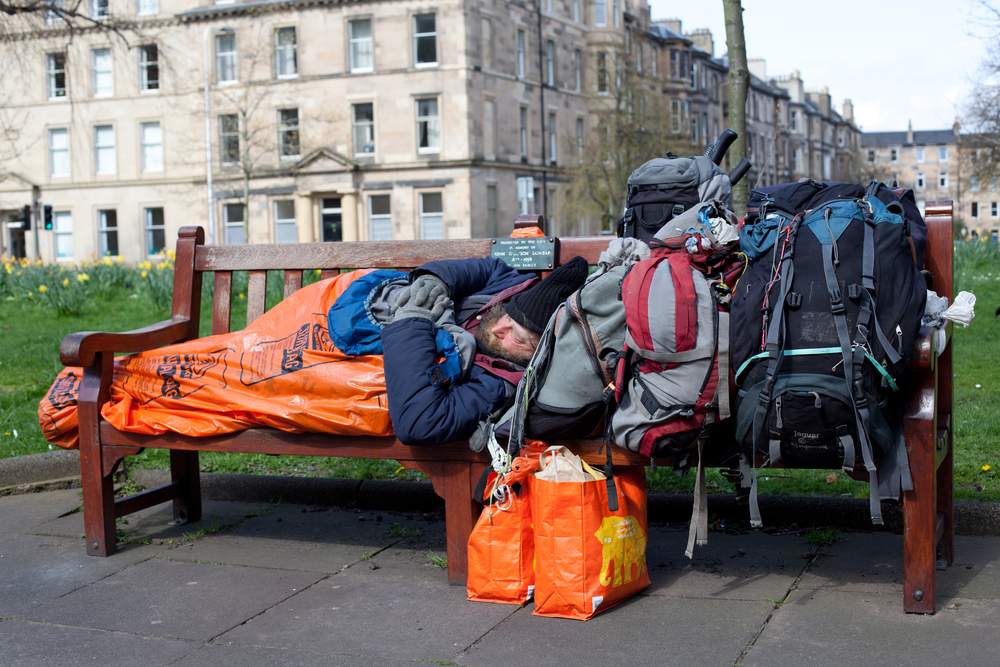
Deep down, your parents may be hoping that your travel accommodation will be a little like a four star hotel, perfectly sterile, and with a concierge and room service on tap for all your needs. In reality, they probably expect your budget won’t stretch to it, which opens the door in their minds to worries about you sleeping in cockroach-infested hovels.
Even amongst some of my own friends, bad stereotypes of hostels hold strong, and it can take some doing to set the record straight. One of the most effective ways to overcome long-standing prejudices about dorm-based accommodation is to show your parents the truth. While there are places that will let you doss down in less than sanitary conditions for a few dollars a night, the vast majority of hostels are clean, safe and offer services that can compete healthily with hotels (I still pine after the hostel I stayed at in Bali that had a pool). Pick a few hostels in the countries you will visit and take your parents on a virtual tour of what’s on offer. It shouldn’t take many websites to demonstrate that modern hostels are a far cry from the primitive versions that spawned the bad stereotypes of backpacker accommodation in the first place.
“One of the most effective ways to overcome long-standing prejudices about dorm-based accommodation is to show your parents the truth.”
If you think you might engage in a spot of camping or Couchsurfing, a similar process applies. With camping you may have childhood vacations to draw on as a reminder – otherwise focus on the benefits of sleeping in the great outdoors. Coachsurfing is likely to seem the most alien concept to your parents, and one of the best aspects to stress is how reputable the service is with millions using this funky social sleeping tool each year entirely trouble-free. Oh, probably also mention the reviews, which should whittle out any hosts with sociopathic tendencies.
Check out the following article for accommodations:
How Will You Eat… & Will the Food be Safe?
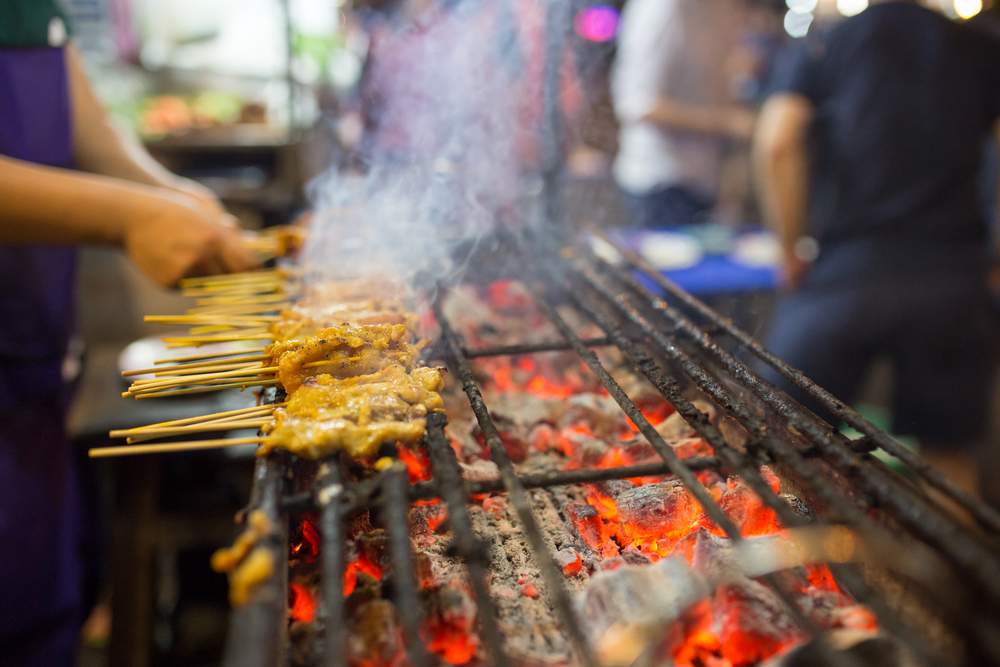
Feeding their children is a parental instinct, and if your folks are even remotely similar to mine, their fridge is always stocked and the next few meals always planned. Surely, left to your own devices, wandering through strange countries without the comfort of home cooking, you’ll die of starvation, or worse still, salmonella poisoning. Once again, your task is going to be one of education, helping your parents understand the diverse and safe eating options available to indie travelers.
“Once again, your task is going to be one of education, helping your parents understand the diverse and safe eating options available…”
If you’ve already moved out of the family home, it’s worth a gentle reminder that you currently manage to fend for yourself every day. Next, let your parents know that, unlike hotels, most hostels have kitchens and a supermarket nearby. This fact alone usually reduces a lot of parents’ concerns on the food front, but it is also worth explaining that there are a plethora of cheap restaurants and street food stalls that are accessible on a backpacking budget.
Before your parents wince at the prospect of roadside dining from a maggot-serving cart, explain that street food can be some of the freshest available and is better than many restaurants as you can see the food cooked in front of you. Street food is having a resurgence in popularity in mainstream culture, so see if there are any vendors near you and consider taking your parents out for an experimental meal.
Read more about eating while abroad:
Won’t the Gap in Your Resume Look Bad to Future Employers?

No matter where you are on your career path, whether you’ve recently finished your studies or are having a mid-career pause, your parents may be concerned about your prospects. The answer to the career question is largely a reworking of your response to “why do you want to travel?”
“There are so many horizon and skill expanding opportunities open to people who explore the world, and the fact that you can bring these home and share them with a future employer usually outweighs any blip on an otherwise seamless resume.”
There are so many horizon and skill expanding opportunities open to people who explore the world, and the fact that you can bring these home and share them with a future employer usually outweighs any blip on an otherwise seamless resume. You should also point out that many people go travelling each year and transition quite easily into working life on their return. If you’re planning on volunteering, teaching, or learning another language or other tangible skills, share the details with your parents and explain how this might help you in your future career.
Read more about career breaks and the advantages of taking extended time off from work:
What About Personal Hygiene – Cleaning Yourself & Your Clothes?
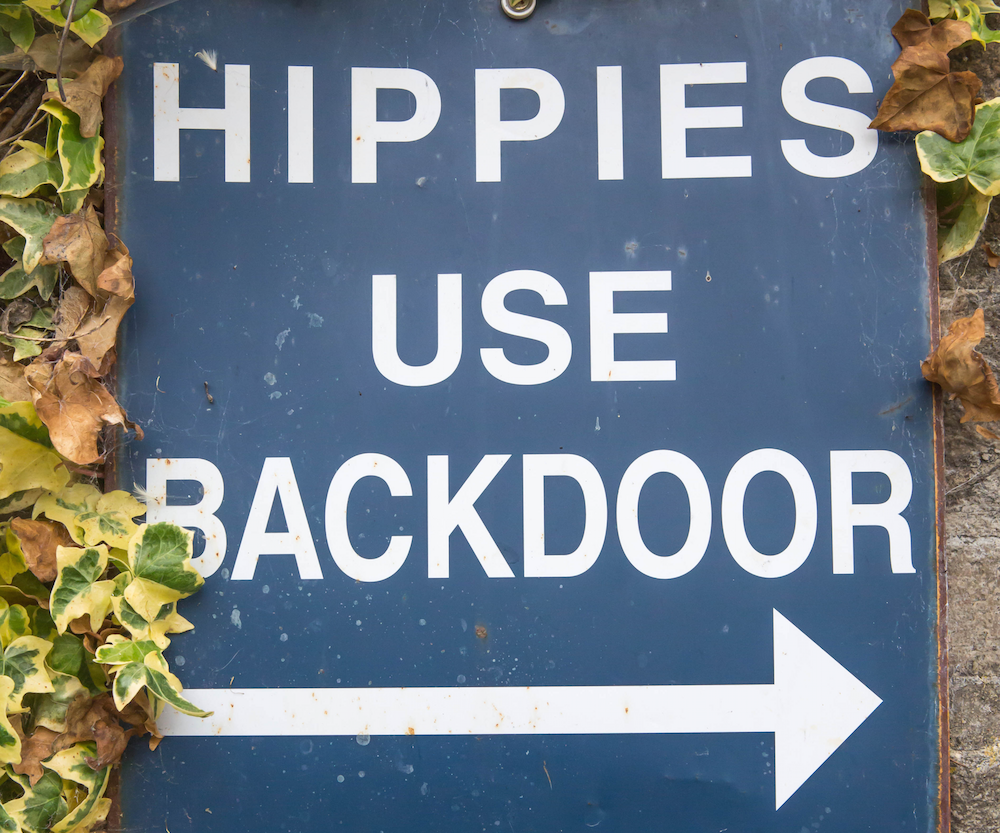
Don’t laugh, a relative of mine asked me this over dinner a few weeks ago. The conundrum of how I might turn my clothes from backpacker brown to shiny clean was clearly a topic that had been plaguing her. The relief on her face was immeasurable when I explained that most hostels have either a washing machine and tumble dryers available for use or a low cost laundry service where clothes are laundered, dried, and folded for you in a manner that is more convenient than having to do it yourself at home. A quick explanation to your parents of the facilities available should nip this niggling concern in the bud.
“The relief on her face was immeasurable when I explained that most hostels have either a washing machine and tumble dryers available”
On the topic of cleaning, another practical parent worry is often the level of your own personal hygiene. With stereotypes knocking around the world travelers as the great unwashed you may want to reassure your parents of the availability of running water in most hostels and camp sites. Admittedly, there may be some occasions where water or facilities are lacking for a day or two, and your cleanliness standards will undoubtedly drop, but reassure your parent that it doesn’t mean you’re turning your back on the notion of smelling sweet and you will be packing soap and deodorant for your entire trip.
To find out more about everyday tasks while you’re on the road, read:
Speaking with your parents and educating them on the reality of indie travel is one of the best ways to help them understand what your adventure is going to look like, and in doing so, hopefully reduce their concerns. That said, don’t expect their worries to disappear entirely. After all, it is part of their job description.
Do you have any other tips for helping avoid parental panic when breaking the news about indie travel? Tweet us @bootsnall.












